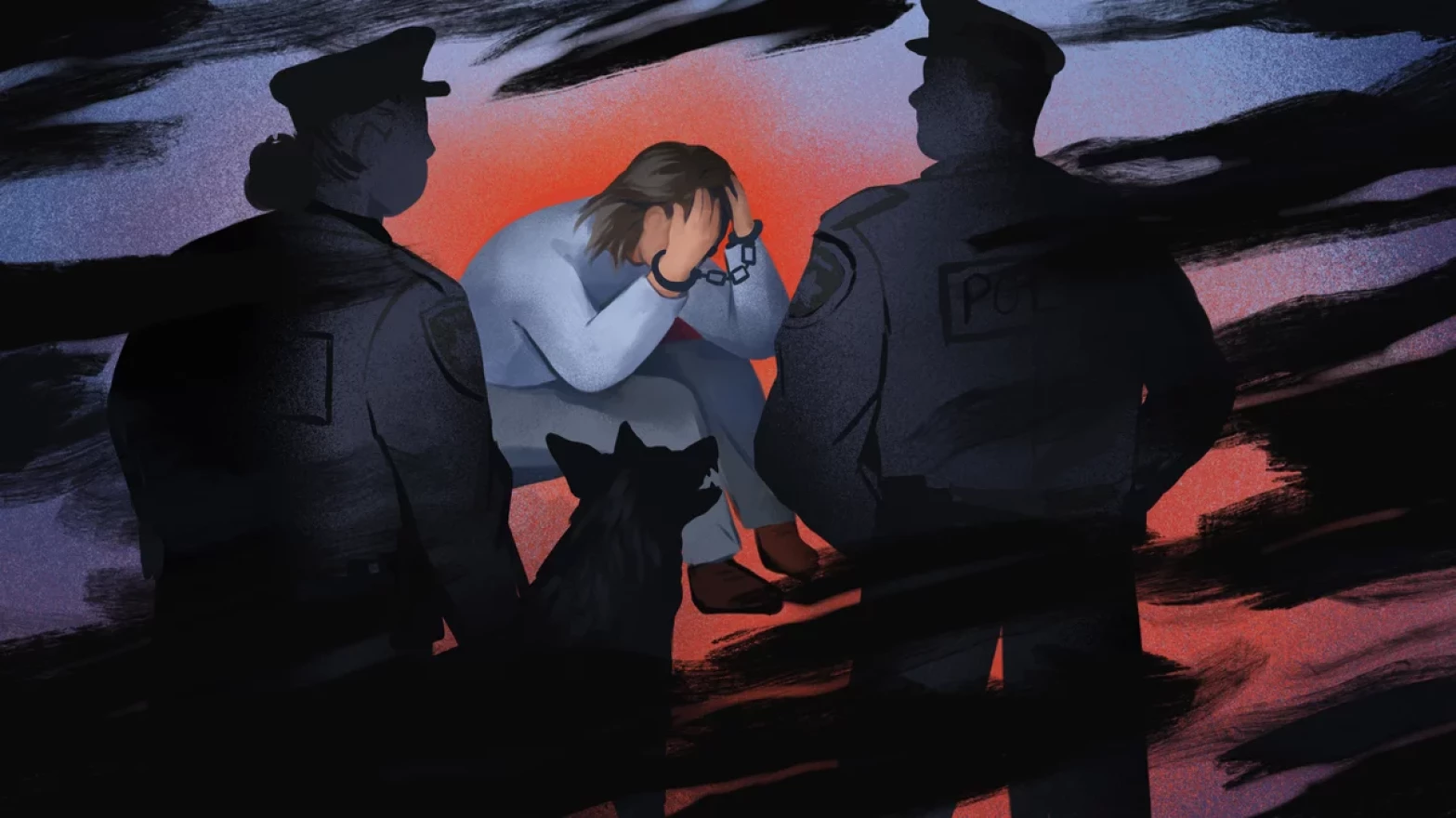A federal judge preliminarily approved a $4.5 million class-action settlement on Tuesday involving accusations the City of Ferguson kept people in jail for inability to pay fines and fees and did not provide people with proper legal processes.
The nonprofit civil rights law firm ArchCity Defenders filed the suit in 2015 after the uprising in Ferguson that followed the shooting death of Michael Brown Jr. by a city police officer.
After nine years of legal battles, over 15,000 people in the St. Louis region could be eligible for compensation if they were jailed in Ferguson between Feb. 8, 2010, and Dec. 30, 2022.
The vast majority of people who spent time in Ferguson’s jail could not pay fees incurred from minor municipal ordinance violations, said Maureen Hanlon, ArchCity Defenders managing attorney.
“They would sort of become entangled in the municipal court system, because they were expected to pay a fine, and then if they couldn't pay it, or they couldn't appear, warrants would go out for their arrest,” she said. “Then often, even additional charges would be added, so you would then get another charge for failing to appear, which then you owed more money for that.”
She said the municipal court put people in a deep financial bind because they did not have enough money to pay for tickets or warrants from nonviolent offenses such as broken tail lights, failing to signal or driving with an expired license plate.
According to the state Attorney General’s Office 2022 Vehicles Stops Report, data shows that Missouri police officers pull over, ticket and arrest African American drivers at higher rates than the share of the state's Black population.
Although the lawsuit does not state allegations of racial discrimination, Hanlon said the people who were locked up in Ferguson’s jail or in Ferguson’s Municipal Court during the lawsuit were mainly people of color.
The suit was the first of seven filed by ArchCity Defenders over the years against local municipal courts for jailing people for not paying minor traffic fines or fees. Hanlon said it is bittersweet that the lawsuit was the last one to settle right before the 10-year anniversary of Brown's death.
“It was really disrupting people's work. It was disrupting our client's ability to take care of their kids,” she said. “What we saw our clients throughout in dealing with all of these different municipalities was that these municipalities were really exacerbating poverty.”
Ferguson police stopped and arrested Ronnie Tucker in May 2013. Jail staff advised Tucker that he was being kept in Ferguson’s jail because of a warrant for his arrest for 2012 traffic violations in Cool Valley, which paid Ferguson to keep its inmates.
After a family member paid $1,000 to the City of Cool Valley for Tucker’s fines, he was released from Cool Valley’s custody but was taken back to Ferguson jail. He then was told that he must pay Ferguson $600 for his release. The suit said the courts did not inquire about his ability to pay the fee, and he was not provided an attorney.
Tucker was jailed in Ferguson for several days. He said being locked up disrupted his life.
“I lost several jobs. I lost my driving license, and I was unable to get back and forth to work,” he said. “Ferguson’s jail is where if you didn’t have a dollar to pay on your fine, you're going back to jail.”
The suit also claimed that people were held in deplorable conditions. Tucker said he believed the jail staff did not care about the well-being of inmates inside the Ferguson jail where he was incarcerated.
“If you had to use the restroom, you couldn’t get the guards to come let you out,” he said. “If you wanted to make a phone call, they wouldn’t let us make phone calls.”
Through the nine-year litigation, two plaintiffs died. Hanlon said it's unfair that Keilee Fant and Tonya DeBerry died before the case was settled.
Once a federal judge approves the settlement agreement in June, class members will begin to receive checks at their most recent address.





